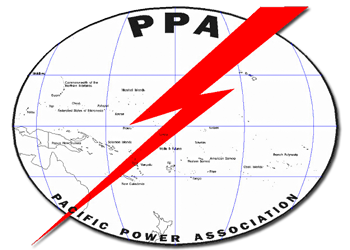In the power sector, gender equality presents an untapped opportunity. Utilities across the Pacific face two main challenges: aging infrastructure, and an aging workforce. Managers often struggle to fill positions with qualified staff. At the same time, the utility workforce is heavily dominated by men – particularly in technical roles. Women represent an untapped labor pool, and active measures to promote their inclusion offers employers an expanded talent pool.
Women’s low representation in the utility workforce is closely linked to their low representation in STEM fields, which prevents them from acquiring the specific skill sets necessary to work at better-paying skilled positions. Women can also experience employment constraints to better-paying skilled jobs due to occupational segregation by gender, based on factors such as gender and cultural norms, lack of necessary skills among women, sector specific norms and regulations, gender-insensitive work environments, and safety concerns. The energy workforce has been traditionally been all-male; as women become involved and as male work crews engage with local residents, it is important that utilities ensure that appropriate measures are taken to prevent sexual harassment.

